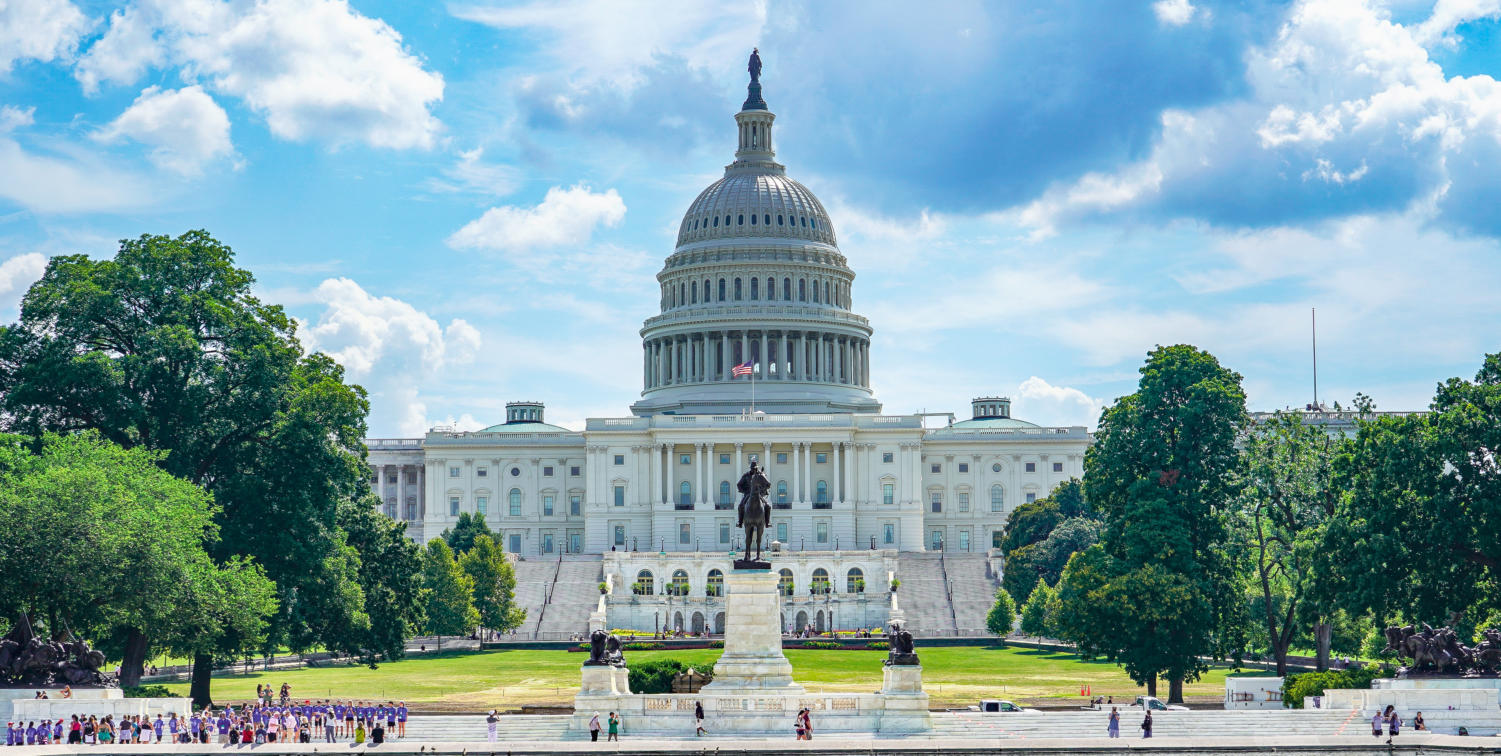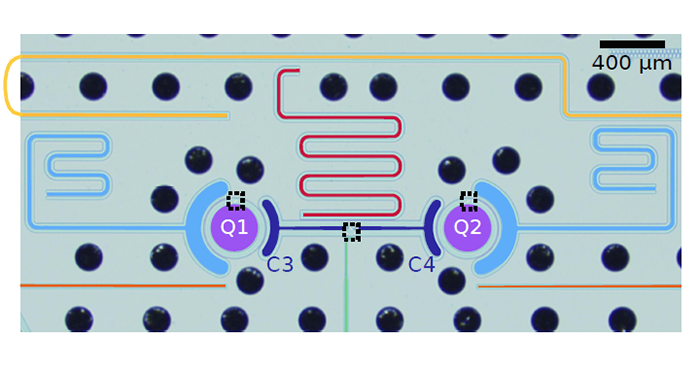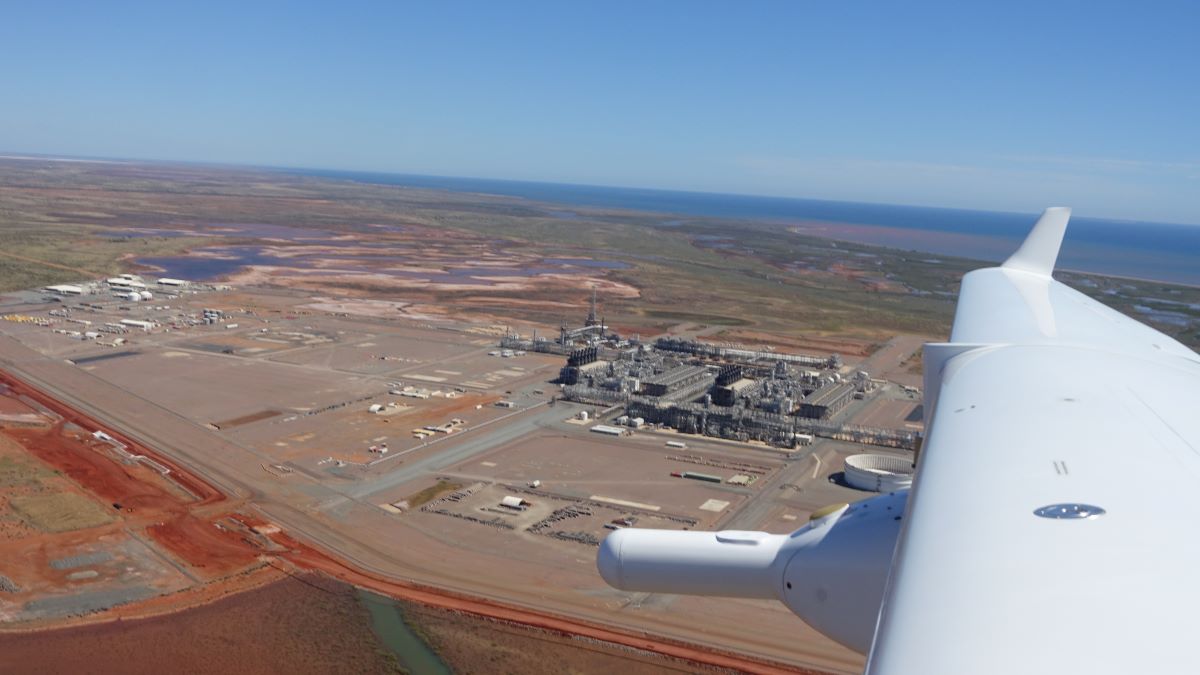“…elevated CO2 concentrations not only boosted vegetation growth through the fertilizer effect but also indirectly enhanced water availability [reducing drought risk] by improving water use efficiency.” – Song et al., 2024
One of the more commonly-stated concerns linked to “global warming” is that sweltering heat will parch the terrestrial landscape (browning), limit vegetation growth, and foment water shortages – even widespread drought.
However, a new study suggests the Earth’s rising CO2 concentration has the exact opposite effect in the real world.
In their extensive trend analysis spanning the last few decades, the scientists determined elevated CO2 was the single most “dominant driver” (accounting for 45% of the correlation) when assessing the link between reducing vegetation water demand and improved water use efficiency.
Compared to CO2, temperature and precipitation, for example, play a far less significant role (10-11% of the correlation) in influencing the trend in improved vegetation growth and water use efficiency.
“The CO2 fertilization effect has benefits for both vegetation growth and water use efficiency (WUE).”
“…elevated CO2 concentrations could indirectly enhance water availability by improving [water use efficiency]…reducing vegetation water demand.”
Image Source: Song et al., 2024
Related





















Discussion about this post